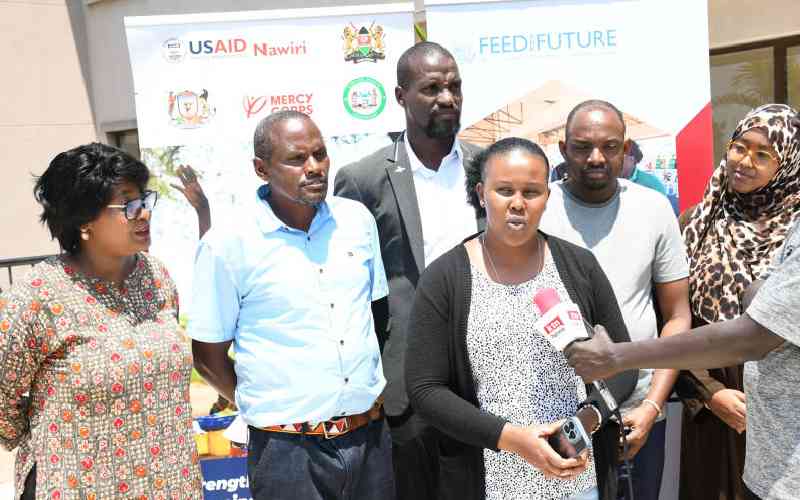×
The Standard e-Paper
Stay Informed, Even Offline

Samburu County's arid landscapes have long been plagued by banditry and fierce battles over scarce resources and cattle rustling between neighbouring communities.
This relentless conflict has displaced families and worsened nutritional deficiencies, leaving thousands struggling to survive. Conflict-induced malnutrition remains a severe issue in Samburu, which is among Kenya's counties with the highest rates of child malnutrition.